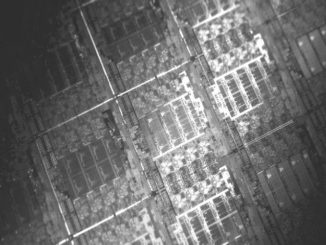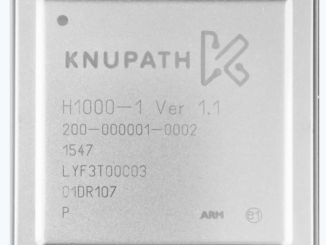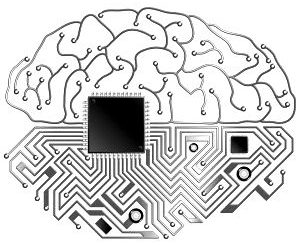
Hardware Slaves to the Master Algorithm
Over the long course of IT history, the burden has been on the software side to keep pace with rapid hardware advances—to exploit new capabilities and boldly go where no benchmarks have gone before. …

Over the long course of IT history, the burden has been on the software side to keep pace with rapid hardware advances—to exploit new capabilities and boldly go where no benchmarks have gone before. …

In the last couple of years, we have examined how deep learning shops are thinking about hardware. …

The supercomputing industry is as insatiable as it is dreamy. We have not even reached our ambitions of hitting the exascale level of performance in a single system by the end of this decade, and we are stretching our vision out to the far future and wondering how the capacity of our largest machines will scale by many orders of magnitude more. …

We don’t have a Moore’s Law problem so much as we have a materials science or alchemy problem. …

Intel has finally opened the first public discussions of its investment in the future of machine learning and deep learning and while some might argue it is a bit late in the game with its rivals dominating the training market for such workloads, the company had to wait for the official rollout of Knights Landing and extensions to the scalable system framework to make it official—and meaty enough to capture real share from the few players doing deep learning at scale. …

Chip startups come and go. Generally, we cover them because of novel architectures or potential for specific applications. …

Computing for neuroscience, which has aided in our understanding of the structure and function of the brain, has been around for decades already. …

Over the past few years, IBM has been devoting a great deal of corporate energy into developing Watson, the company’s Jeopardy-beating supercomputing platform. …

Several decades ago, Gordon Moore made it far simpler to create technology roadmaps along the lines of processor capabilities, but as his namesake law begins to slow on the rails, the IEEE is stepping in to create a new, albeit more diverse roadmap for future systems. …

Whether in the brain or in code, neural networks are shaping up to be one of the most critical areas of research in both neuroscience and computer science. …
All Content Copyright The Next Platform